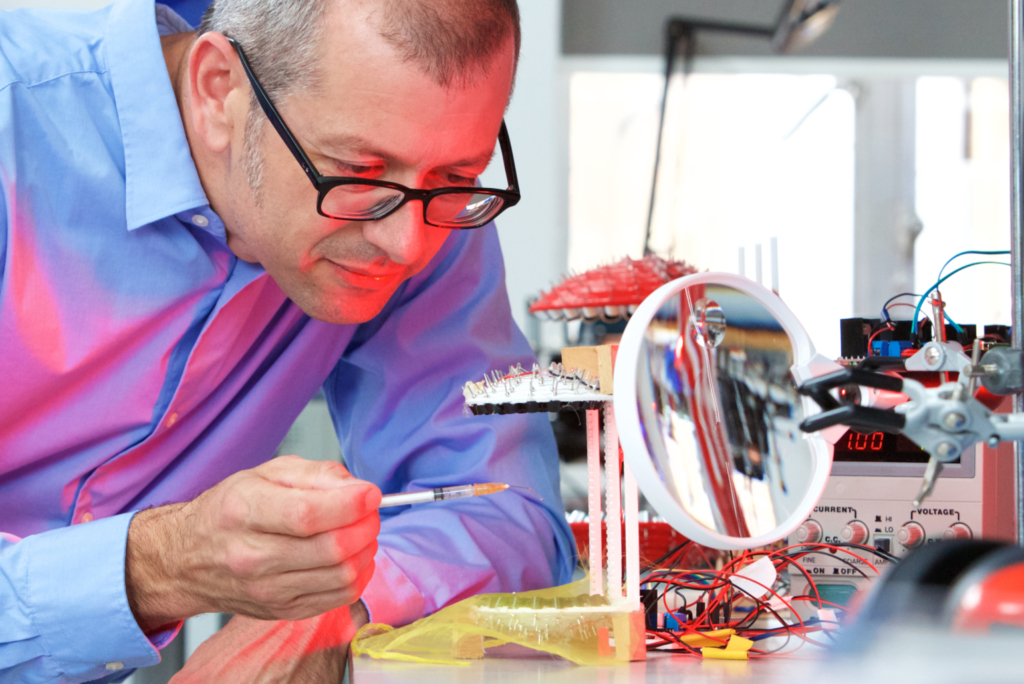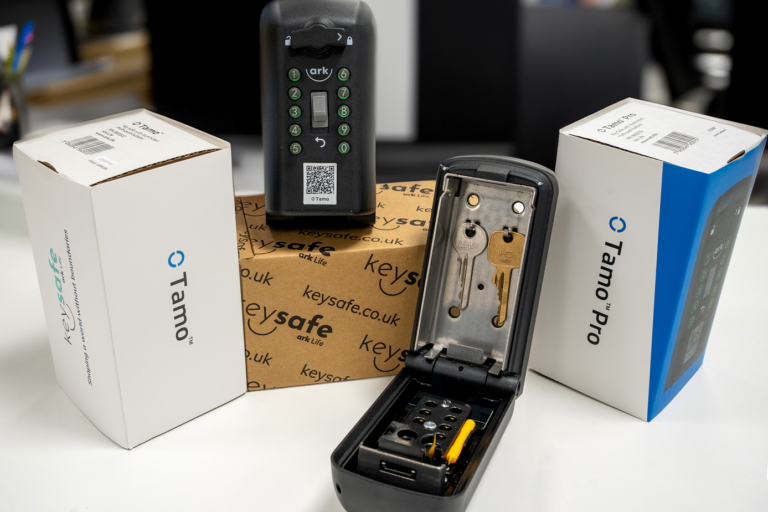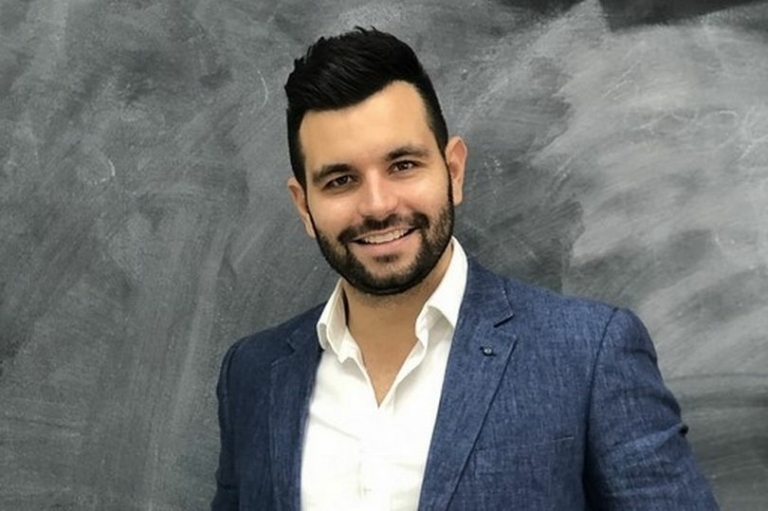Bristol scientist awarded £1.7m to develop ‘acoustic tweezers’

A scientist at the University of Bristol has secured £1.7 million in funding from the European Research Council (ERC) for a new ultrasonic technology.
The tech allows researchers using microscopes to hold, move, assemble and quantify microscale objects like cells and microorganisms without physical contact.
These ‘acoustic tweezers’ are designed to be compact, low-power and low-cost.
They’re the brainchild of Bruce Drinkwater, professor of ultrasonics at Bristol’s School of Electrical, Electronic and Mechanical Engineering.
“I’m very excited to start this project which will allow me and my team to create a new generation of microscale acoustic tweezer devices” said Professor Drinkwater.
“These will act as invisible hands that can be used to orient, assemble and deform objects under simultaneous microscopic examination.
“This funding will allow me and my collaborators to use these devices to tackle hugely important biomedical challenges such as improved tissue engineering and tracking disease progression using cell mechanical properties.
“My aim is to see one of these new acoustic tweezers in every biomedical lab.”
The technology will compliment widely used optical tweezers, but allow the application of higher forces and the manipulation of larger objects.
Professor Drinkwater is set to work with researchers at Bristol Medical School, as well as European colleagues at the University of Lille and Medical University in Innsbruck.
He’s one of 255 research leaders in Europe to be awarded ERC Advanced Grants, following more than 1,800 proposals.
Worth more than £550 million in total, the new grants will support cutting-edge research in a range of fields, from life sciences and physical sciences to social sciences and humanities.
Iliana Ivanova, European commissioner for innovation, research, culture, education and youth, said: “To all the new ERC grantees, my heartfelt congratulations!
“These grants will not only support leading researchers in pushing the boundaries of knowledge, but also create some 2,500 jobs for postdoctoral fellows, PhD students and other research staff across Europe.
“This investment nurtures the next generation of brilliant minds.
“I look forward to seeing the resulting breakthroughs and fresh advancements in the years ahead.”













